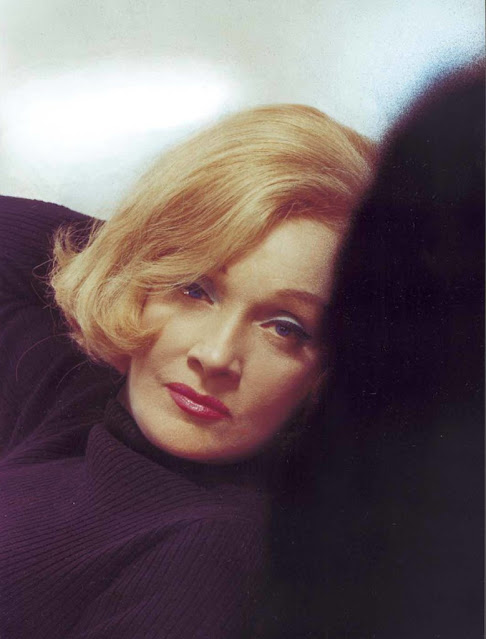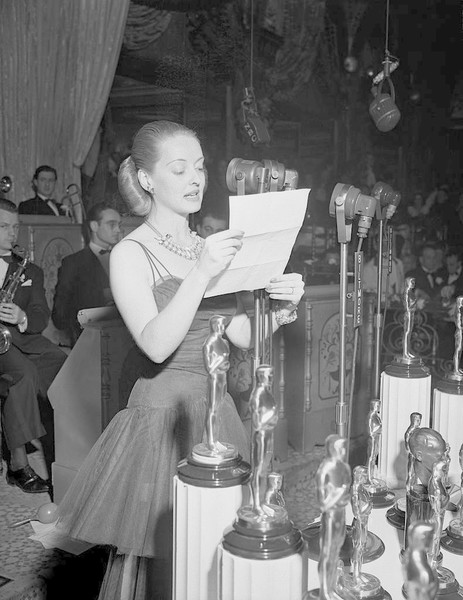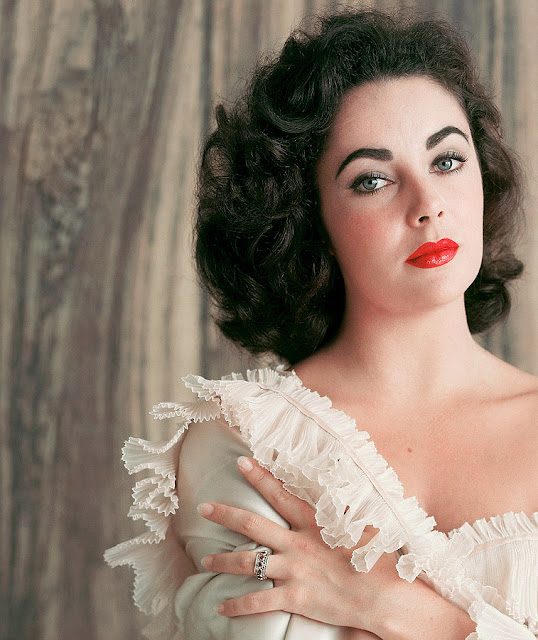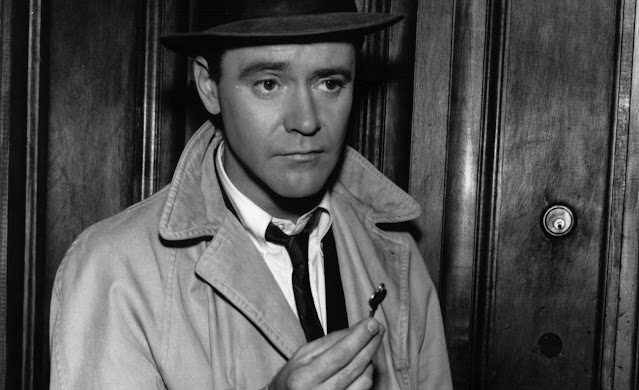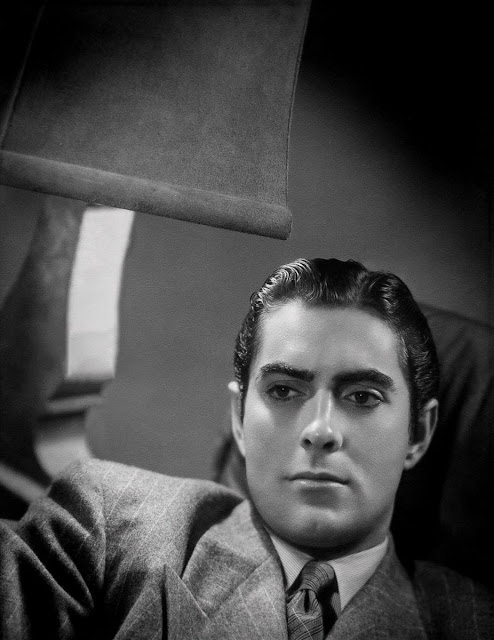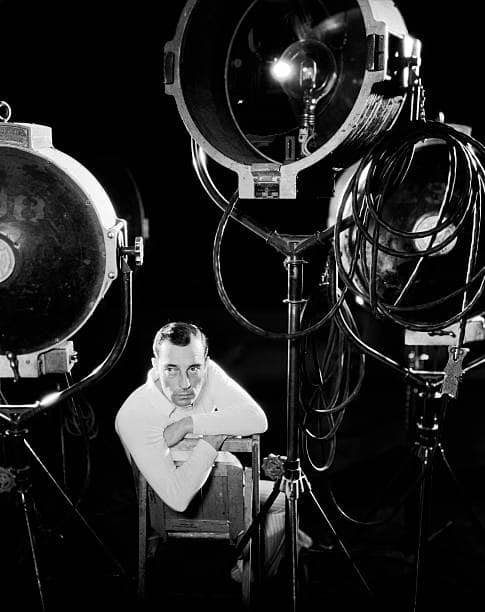“Take me to your island. I want to do all those things you talked about. . . . I love you. Nothing else matters.”
The forerunner, the grandparent of screwball comedies It Happened One Night opened at New York's Radio City Music Hall on this day February 22, 1934!
The charming pre-code film, directed by Frank Capra, with a screenplay by Robert Riskin, starring Clark Gable and Claudette Colbert, soared on to become 1934's most notable success.
Based on a story by Samuel Hopkins Adams, a headstrong heiress (Ellie) finds herself on a road trip of discovery with an unemployed cynical newspaper reporter (Peter). A runaway bride, he offers to help her reunite with her soon-to-be husband in exchange for an exclusive story, leading to an unexpected romance. Due to the 1930 Hays Code being in force while the film was shot, its implied sexual content was primarily expressed with witty banter and innuendo.
The film focuses on traditional gender roles and the Great Depression. The ignorance that Ellie has of lower-class struggles highlights the difficulties they face. Coming from different economic worlds, their characters have very different experiences and understandings of the world. Their love for each other transforms them, providing a renewed spirit and the possibility that social divisions can be bridged.
Did you know this was Bugs Bunny's creator Friz Freleng's favorite film and he based Bugs on Gable's mannerisms of eating carrots and talking quickly at the same time?
There was going to be a stunt double used for Colbert since it was immodest to show her leg. When she saw the stunt double, she said, "That's not what my leg looks like!" and insisted on using her leg.
Actresses considered for the lead role were Myrna Loy who hated the script and said "Claudette had the legs for it”. Loretta Young was suggested but Capra said No. Miriam Hopkins, who supposedly called it “just a silly comedy.” Sorry, Bette Davis, Warner Bros. won't lend you out. Carole Lombard wasn't available. Constance Bennett and Margaret Sullavan also said No. Eventually, Columbia's Harry Cohn suggested Colbert. 1934 was a great year for Colbert, appearing in two of the year's highest-grossing films Cleopatra and It Happened One Night.
Legend has it, there was a large decrease in undershirt sales around the country when Gable in the undressing scene had trouble removing his. As a result, some underwear manufacturers tried to sue Columbia.
 |
Shirley
Temple presents the Best Actress Oscar to actress Claudette
Colbert for her role in, "It Happened One Night" |
Gable gave his Oscar to a child who admired it. The child returned it to the Gable family after Clark's death. On December 15, 1996, Gable's Oscar was auctioned off to Steven Spielberg for $607,500, who donated the statuette to the Motion Picture Academy.
"We made the picture quickly--four weeks. We stumbled through it, we laughed our way through it. And this goes to show you how much luck and timing and being in the right place at the right time means in show business; how sometimes no preparation at all is better than all the preparation in the world, and sometimes you need great preparation, but you can never out-guess this thing called creativity. It happens in the strangest places and under the strangest of circumstances. I didn't care much for the picture, ] it turned out to be 'It Happened One Night'." ---Director Frank Capra
The picture was the first to win the five most esteemed Academy Awards: Best Picture, Best Director, Best Actor, Best Actress, and Best Adapted Screenplay. The film was remade several times: Musicals, Eve Knew Her Apples (1945) and You Can't Run Away from It (1956). And Indian films Chandrodayam 91966), Dil Hai Ke Manta Nahin (1991) and Hudugaata (2007).
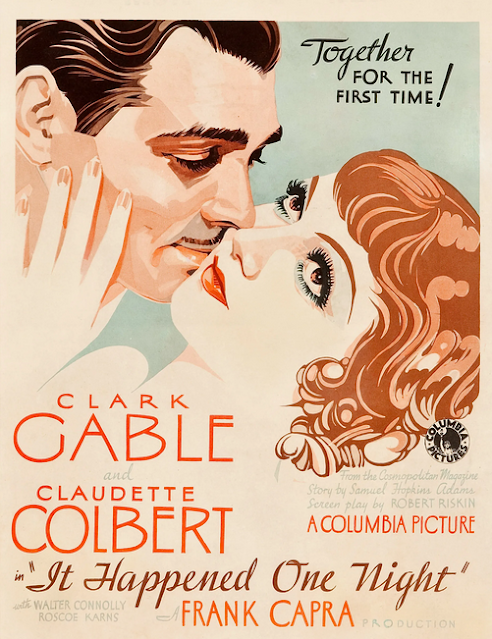




%201.jpg)














